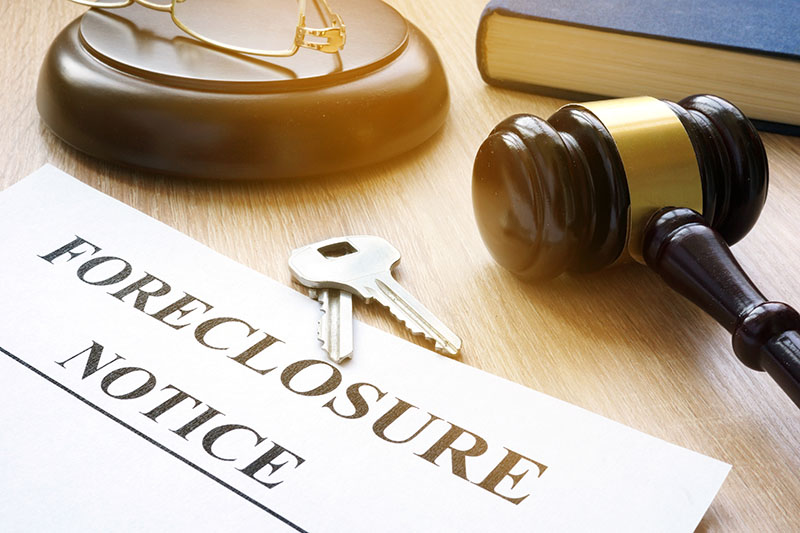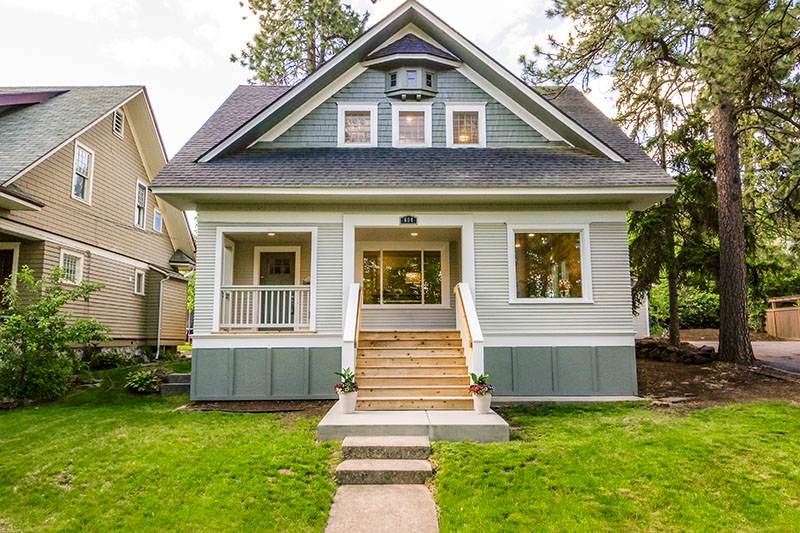Your Trusted Foreclosure Defense Attorney
Richard Hughes is dedicated to helping homeowners find ways to avoid foreclosure whenever possible. With over 30 years of experience, he stands out as one of the most respected foreclosure lawyers in Longview, TX, working tirelessly to safeguard your rights and interests throughout the process.
Facing foreclosure can be overwhelming, but you don’t have to go through it alone. Richard Hughes offers hands-on support and clear communication at every stage, so you always know where things stand.
Our top priority is helping you find a solution that gives you the best chance to remain in your home. We’re here for you.
Foreclosure Defense Lawyer in Longview, TX
Richard Hughes brings the knowledge and tools needed to guide you through difficult times and toward a favorable outcome. His services include:
- Negotiating directly with lenders
- Helping you file for bankruptcy
- Representing you in foreclosure court
- And much more
If foreclosure is on the horizon, don’t wait. We’re ready to stand by your side and fight for your home and peace of mind.
Contact us today to book a free consultation with Richard Hughes.

Frequently Asked Questions
What is foreclosure?
Foreclosure is the legal process that allows a lender or mortgage company to recover the balance of a loan, usually by taking back your home.
Foreclosure is typically triggered after you don’t pay your mortgage or property taxes.
What’s the difference between judicial and non-judicial foreclosure?
The key distinction is whether or not your lender goes to court before foreclosing on your property. Judicial foreclosure requires lenders to obtain a judgment from a court, while non-judicial foreclosures let them foreclose without court judgments, as long as the deed of trust has a power of sale clause.
The most common type of foreclosure in Texas is non-judicial.
How many missed payments are allowed before I lose my home?
Technically, any missed payment violates your mortgage agreement with your lender and could trigger foreclosure.
Most lenders typically don’t start foreclosure proceedings after the first missed payment, though. Rather, they may charge you late fees, which can add up over time.
When you miss 3 or more payments, lenders are more likely to begin the foreclosure process.
What should I do if I get a missed payment notification?
Reach out to your lender’s loss mitigation department immediately. Acting quickly gives you the best chance to explore options and avoid foreclosure.
Have your financial information ready to discuss possible solutions. You should take these notifications seriously and not ignore them.
Are there alternatives to foreclosure?
Yes, several options may help depending on your situation. By contacting your lender as soon as you know you won’t be able to make a payment, you’ll have more options available to you.
Some alternatives may allow you to stay in your home, while others require you to move, but in a less disruptive fashion than foreclosure would. Possible options include:
- Loan modification to lower you payments and extend the term
- Temporary forbearance or structured repayment plans
- Short sale or deed in lieu of foreclosure
What is the foreclosure process?
Texas foreclosures generally follow these 3 steps in the foreclosure process.
- Notice of Default: You’ll receive a written notice from your lenders or services giving you 20 days to pay the amount owed in full.
- Notice of Sale Filed, Posted, and Mailed: At least 21 days before the foreclosure date sale, you will receive another written notice. The 21-day period begins when the notice is mailed, not when you receive it.
- Foreclosure sale: The county courthouse will hold a foreclosure sale on your property. Anyone is allowed to bid, and you are not allowed to buy back the property from the new owner unless they are a government entity, tax lender, or for nonpayment of homeowner’s association fees.

Will bankruptcy stop foreclosure?
Bankruptcy won’t permanently halt foreclosure, but it can help. Filing Chapter 13 bankruptcy may allow you to keep your home by reorganizing your debt into manageable payments. Chapter 7 bankruptcy is less likely to protect your home, as it involves liquidating assets to pay creditors.
My lender is starting the foreclosure proceedings. What can I do?
Contact an experienced foreclosure attorney like Richard Hughes right away. During this time, you may also be able to get free house counseling. The US HUD can provide recommendations for approved housing counseling agencies.
How long do foreclosures take?
The foreclosure process can unfortunately be time-consuming, ranging anywhere from 120 days to over a year. The length of time depends on how willing your lender is to negotiate, how quickly you respond to notices, and other delays that may occur.